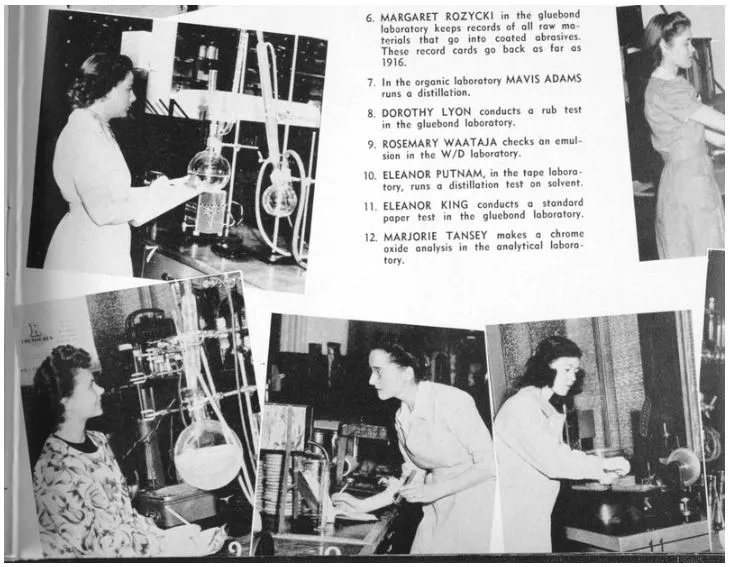1884- 1885: Duluth and the Knights of Labor
1884: First shipment of iron ore from the Vermilion Range to the port of Duluth. The Mesabi Range ships its first ore to the port in 1892 and the Cuyuna Range in 1911. From 1900 to 1980, the Mesabi Range contributes about 60 percent of the country’s total iron ore output. The mines are worked mostly by immigrants; the dominant nationalities are Finnish, Swedish, Slovenian and Croatian.
1884: Retail store workers in St. Paul and Duluth form “Early Closing Societies” to seek shorter hours. They join the Knights of Labor to enlist its support for a 7 p.m. closing time.
1884: A total of 73 local unions are reported to be operating in Minnesota, 27 in Saint Paul, 17 in Minneapolis and 29 in Duluth and elsewhere.
1885: The Brotherhood of Railway Trainmen establishes its first lodge in Minnesota, Great Northern Lodge 83 in St. Cloud. By 1890, the various railroad brotherhoods have 47 lodges in the state.
1885: Other new unions form, including the Teamsters Protective Association and Hack & Cab Drivers Union in Minneapolis, the United Laborers Union in Winona and the Scandinavian Laborers Association in Minneapolis.
1885: Knights of Labor Master Workman Terence Powderly speaks to about 1,000 workers at Harrison Hall in Minneapolis and an equal number at a Saint Paul rally.
1885: First observance of Labor Day in Minnesota. Twin Cities and Stillwater Knights of Labor Assemblies call for a picnic at White Bear Lake. The crowd is estimated at 3,000. Duluth holds its first Labor Day celebration in 1887.

